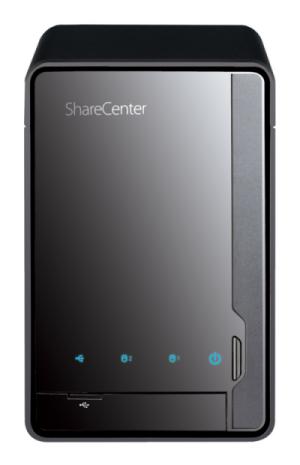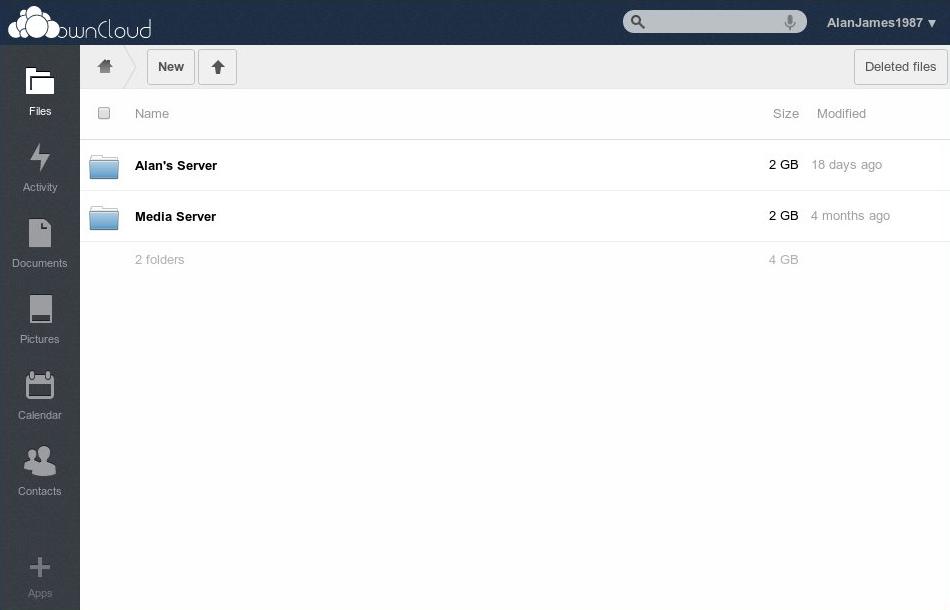If you’ve ever used Dropbox or Google Drive you know what cloud based storage is. It’s a harddrive located somewhere on the internet for you to store and share your files.
But what if you have terabytes of files, or a preexisting server infrastructure at your work or house? Are those solutions really the best? Is there a better self hosted solution?
There is and it’s called ownCloud.
What is ownCloud?
OwnCloud is a self hosted file sharing server you can install on any hardware you want. It is built with PHP and can use a variety of SQL based databases for storing information. Files are stored directly on the file system, like any cloud service.
OwnCloud is also offically part of the KDE project, which is a big plus for me, but you don’t have to use KDE or Linux to take advantage of ownCloud.
How I Use ownCloud
Several months ago I bought two DNS-320 servers for about $100 each and equipped them with several terabytes of storage space. I designated one as my media server and the other as my document server.
For a around $400 I got a eight terabytes of highly availible personal storage.

These server run at my apartment and make it easy for me to access the same files from my desktop, laptop, and phone, which all run different operating systems.
Separately, I had been playing with ownCloud for some time but I really hadn’t taken full advantage of it. Mostly, I installed it on my DigitalOcean LAMP servers and used it for sharing small documents with clients.
This was until the other day when I decided that I needed a single server to work as a gateway to my apartment. I got out a Raspberry Pi, installed Raspian Wheezy on it, installed a LAMP server on that, and finally installed ownCloud into the LAMP server. I hooked it into the network and gave it a static IP address so I could forward port 80 over to it. I mounted the drives using CIFS and created symbolic links to them in my ownCloud user’s data directory.
After about 45 minutes of work I had a LAMP server that connected and securely exposed my data to the outside world.
The Raspberry Pi runs ownCloud very well, but was a little slow when it was indexing.

I can now access any of my files from my OS X laptop, and Android phone with either the ownCloud application or the ownCloud web interface.
ownCloud Apps
OwnCloud doesn’t stop with just file storage. It includes a set of “Apps”, which are more like plugins, that extend the core capabilities of ownCloud. Many apps are included with the default installation, but some notable ones are a calendar and a contact manager, which can both integrate into Google Calendar/iCal, and GMail Contacts.
The ownCloud apps website lists many more apps that can installed onto your ownCloud system. These apps can add almost any feature you’re looking for, quickly and easily.
If you have the time, knowledge, and resources to put together an ownCloud server at your house, apartment, or place of work I would highly recommend it.
